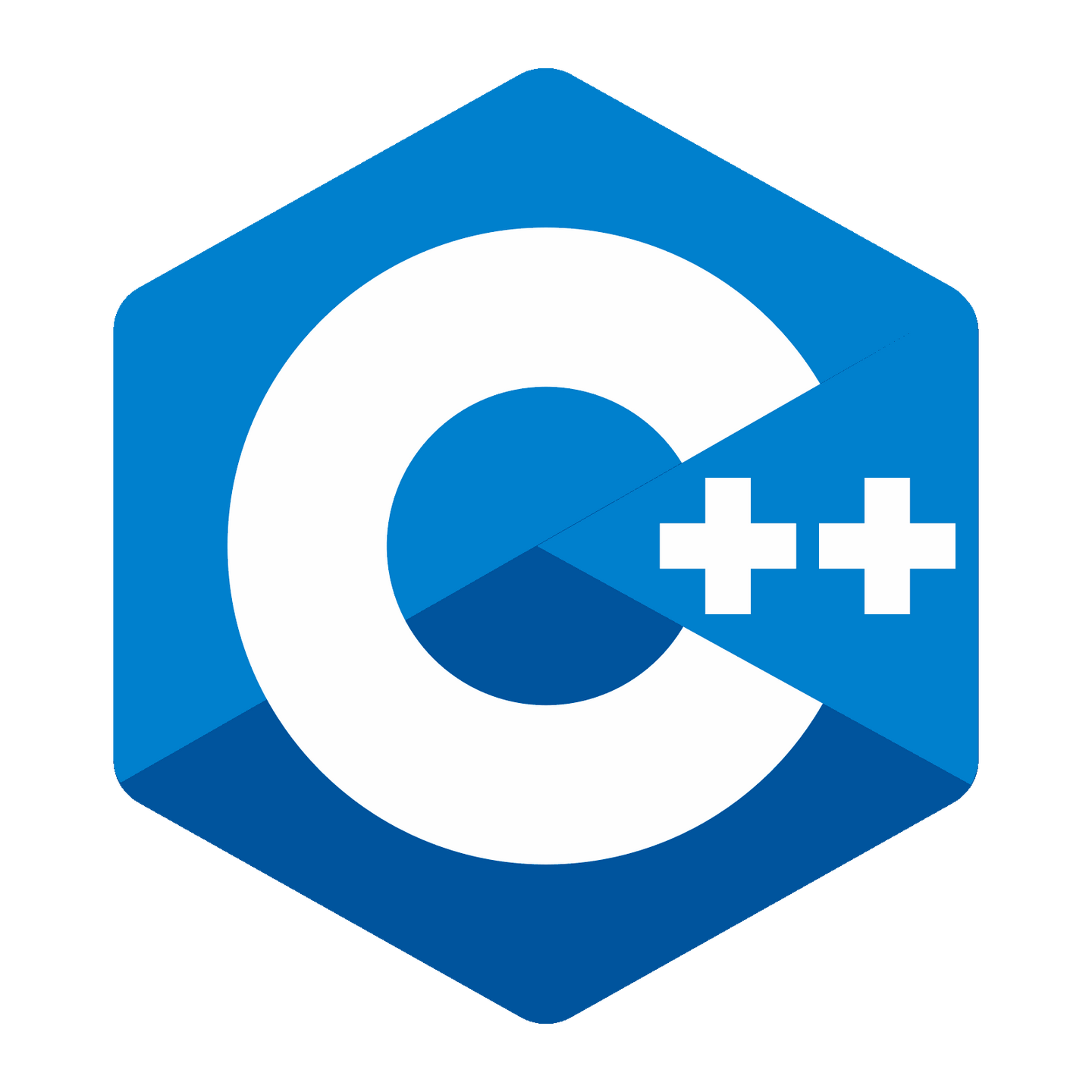RAII通过构造函数获取资源、析构函数自动释放,确保异常安全。封装文件和Socket句柄时,需禁用拷贝、实现移动语义,在析构函数中调用close或closesocket,防止资源泄漏,提升代码安全性与可维护性。

在C++中,RAII(Resource Acquisition Is Initialization)是一种利用对象生命周期管理资源的核心技术。通过构造函数获取资源、析构函数自动释放资源,可以确保即使发生异常,资源也能被正确清理。对于文件句柄或Socket句柄这类系统资源,使用RAII封装能显著提升代码的异常安全性和可维护性。
1. RAII的基本思想与优势
RAII将资源的生命周期绑定到局部对象的生命周期上。只要对象在栈上创建,其析构函数就会在作用域结束时自动调用,无论是否抛出异常。这种机制天然支持异常安全。
主要优势包括:
- 自动释放:无需手动调用close或fclose
- 异常安全:即使函数中途抛异常,资源也不会泄漏
- 代码简洁:避免重复的错误处理和释放逻辑
2. 封装文件句柄的RAII类
以POSIX文件描述符为例,可以定义一个简单的RAII包装器:
立即学习“C++免费学习笔记(深入)”;
class FileHandle {
public:
explicit FileHandle(int fd = -1) : m_fd(fd) {}
// 禁止拷贝,防止重复关闭
FileHandle(const FileHandle&) = delete;
FileHandle& operator=(const FileHandle&) = delete;
// 支持移动语义
FileHandle(FileHandle&& other) noexcept : m_fd(other.m_fd) {
other.m_fd = -1;
}
FileHandle& operator=(FileHandle&& other) noexcept {
if (this != &other) {
close();
m_fd = other.m_fd;
other.m_fd = -1;
}
return *this;
}
~FileHandle() {
close();
}
int get() const { return m_fd; }
bool is_valid() const { return m_fd >= 0; }
private:
void close() {
if (m_fd >= 0) {
::close(m_fd);
m_fd = -1;
}
}
int m_fd;
};
使用方式非常直观:
void read_config() {
FileHandle fh(open("/etc/config.txt", O_RDONLY));
if (!fh.is_valid()) {
throw std::runtime_error("无法打开配置文件");
}
char buffer[1024];
ssize_t n = read(fh.get(), buffer, sizeof(buffer));
// 使用完后自动关闭,无需显式调用close
}
3. 封装Socket句柄
Socket句柄的封装方式类似,只需替换底层操作为socket相关API:
class SocketHandle {
public:
explicit SocketHandle(int sock = -1) : m_sock(sock) {}
SocketHandle(const SocketHandle&) = delete;
SocketHandle& operator=(const SocketHandle&) = delete;
SocketHandle(SocketHandle&& other) noexcept : m_sock(other.m_sock) {
other.m_sock = -1;
}
SocketHandle& operator=(SocketHandle&& other) noexcept {
if (this != &other) {
close();
m_sock = other.m_sock;
other.m_sock = -1;
}
return *this;
}
~SocketHandle() {
close();
}
int get() const { return m_sock; }
bool is_valid() const { return m_sock >= 0; }
// 提供常用操作接口
void shutdown_read_write() {
if (is_valid()) {
::shutdown(m_sock, SHUT_RDWR);
}
}
private:
void close() {
if (m_sock >= 0) {
::close(m_sock);
m_sock = -1;
}
}
int m_sock;
};
实际使用示例:
void handle_client(int client_sock) {
SocketHandle sock(client_sock);
// 模拟处理过程可能抛异常
if (some_error_condition) {
throw std::runtime_error("客户端协议错误");
}
// 正常通信...
send(sock.get(), "Hello", 5, 0);
// 函数返回时自动关闭socket
}
4. 进一步优化建议
为了提高实用性,可考虑以下改进:
- 增加工厂函数:提供静态方法用于创建连接或监听套接字
- 集成错误处理:在构造函数中检查系统调用结果并抛异常
- 支持std::unique_ptr定制删除器:兼容现有智能指针体系
- 跨平台兼容性:Windows下使用closesocket代替close
例如,配合unique_ptr的用法:
auto socket_deleter = [](int sock) {
if (sock >= 0) closesocket(sock);
};
std::unique_ptr sock_ptr(socket(AF_INET, SOCK_STREAM, 0), socket_deleter);
基本上就这些。RAII风格的句柄封装不复杂但容易忽略细节,关键是禁用拷贝、实现移动语义、在析构函数中安全释放资源。这样做出来的类既安全又高效,是现代C++资源管理的标准做法。































